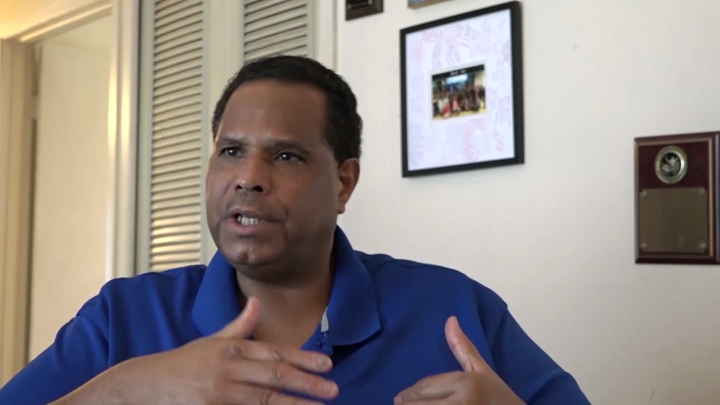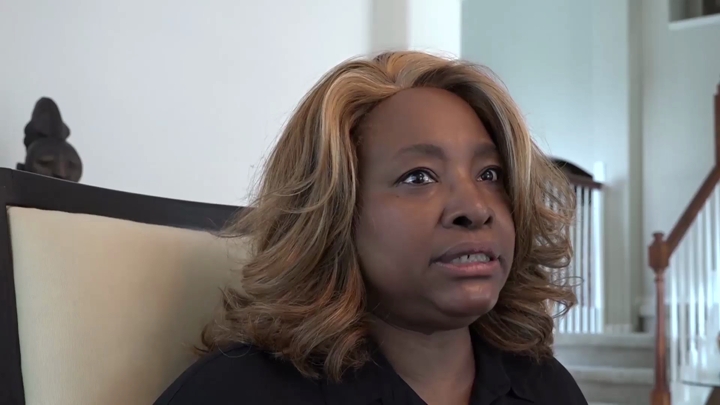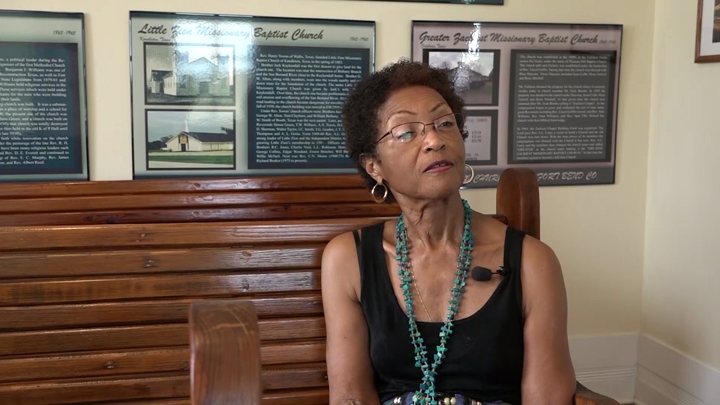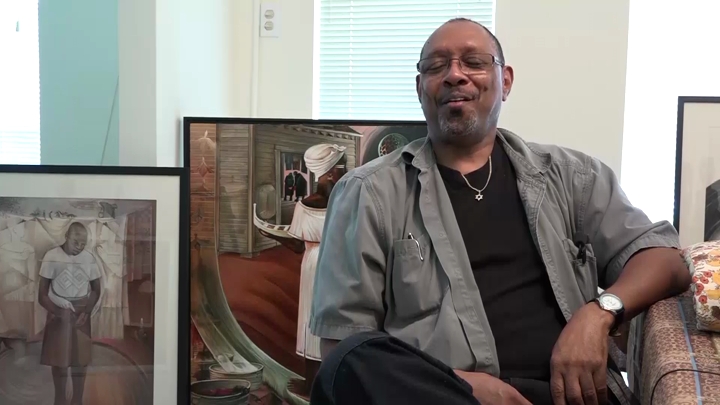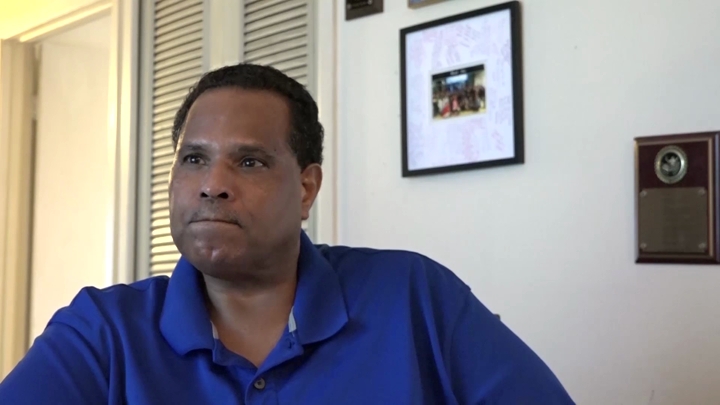Crear / Differences Between Los Angeles and Houston
sign up or sign in to add/edit transcript
Interviewer: Did you notice any differences from your experiences in Houston versus your experiences in Los Angeles and if so can you kind of talk about them? Crear: Yeah. Well, I mean, Houston was just like majority of the South. It was overt racism. In California, you had covert racism where they smile in your face and stab you in the back. You had areas in Los Angeles or in Los Angeles County just like where Nixon was from, Whittier. It was very conservative, very racist. Here they’ll let you know they don’t like you and you better stay in your place and I think that’s one of the reasons you—in the South you didn’t have any major riots or things like that because, like I say, in the South they let you know and they come down with force or whatever it took to keep you in your place. You had certain things, like you had the thing at TSU which they called a riot which it wasn’t a riot. They opened fire on the students in the dormitory and the whole thing, but it was—like I said it was (inaudible), but at the same time, and I always thought about it since I was in the party, the police here, they were more overt. They police in Los Angeles, (inaudible) worse, because that’s where the first SWAT came from, that’s where the first helicopter came from was the Los Angeles Police Department. So, if they want to get you, they was going to—you not going to see them, they going—here it was more overt. There it was more, like I say, a smile on your face, but then they going to come at you another kind of way. Interviewer: What was it like when you came back in 1971? Crear: Well, see, when I came back in 1971—what I’ll do, I’ll tell you how I got to that point, but I came in 1971. I came for my grandmother was sick, very sick in the hospital and in fact she passed away. So, I was here to see her, and her funeral and I wasn’t planning on staying, but I had already came in contact with the Panther Party in Los Angeles doing community work. Even before that when I was in high school, I had a teacher Mrs. Green—I had two teachers that influenced, they were very progressive. One was Mr. Simon. He was Jewish. He was married to a black woman and he taught government. At the beginning of the school year, he handed out all the books and he said, “The only reason I’m handing out these books is because I’m required to.” He said, “And I want you to take these books and put them in your locker and leave them there for the rest of the year.” So, our class was just a circle where we all just discussed political things and—people got to know each—it was like—I’ll never forget this one Jewish guy he was saying how that his parents would take him downtown to Skid Row where the drunks and stuff were and say, “This how black people are.” He said even the Rabbi would talk about black people. It broke down a lot of prejudice that people have, because if you’re taught a certain kind of thing—it’s just like, I’ll tell this one quick story. My cousin when they had the Seattle World’s Fair. Interviewer: What year was that? Crear: I guess that was around 1968. That’s when they built the spindle top. They were playing with this little white kid. They had been playing with this little white kind and been playing for about an hour. Finally, the white kid said, “Are y’all niggers?” They said, “No, no, we not niggers.” He said, “Okay, good because my parents told me I couldn’t play with niggers.” It’s taught. Prejudice and racism is taught and bred in somebody from their parents or their family or whatever. So, I came in contact with—when they raided the Panthers office in L.A. 41st and Central, there’s a film out about that, I was, I guess a junior. This same teacher, Mrs. Green, she brought her radio to class, so we listened to the whole thing going on, you know, the whole shoot-out. I remember skipping class, because they had a big rally downtown in front of the steps of Los Angeles City Hall and Elaine Brown spoke and me and my friend, we skipped class. We went down and heard them. Then they had a big rally at Rancho Park which is by Century City which is where they made a lot of movies and stuff. They had a big rally over there. So that was kind of like my first contact.
| Interview | Interview with John Crear |
| Subjects | Family › Childhood Experiences |
| Religion | |
| Discrimination or Segregation | |
| Education › Secondary Education | |
| Education › Teachers and Administrators | |
| Police and Law Enforcement | |
| Recreation and Leisure › Consumption of Radio/Television/Film | |
| Black Power › Black Panthers | |
| Tags | Texas Southern University |
| sign up or sign in to add/edit tags | |
| Interview date | 2016-06-06 |
| Interview source | CRBB Summer 2016 |
| Interviewees | Crear, John |
| Interviewers | Enriquez, Sandra |
| Rodriguez, Samantha | |
| Locations | Los Angeles, CA |
| Houston,TX | |
| Duration | 00:05:15 |
| Citation | "Differences Between Los Angeles and Houston ," from John Crear oral history interview with Sandra Enriquez and Samantha Rodriguez, June 06, 2016, Civil Rights in Black and Brown Interview Database, https://crbb.tcu.edu/clips/3493/differences-between-los-angeles-and-houston, accessed February 27, 2026 |


